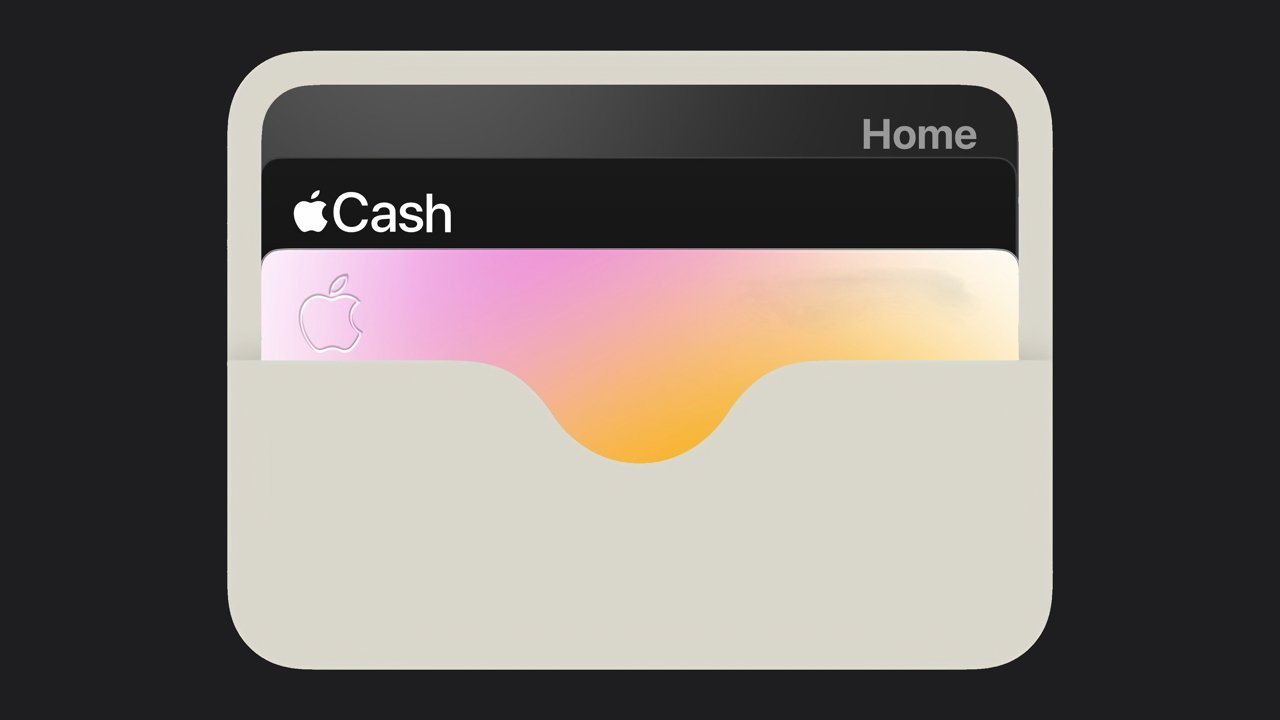Podcasting has been around for around two decades. It took a while to get off the runway. Now, though, podcasting has become a booming industry thanks in part to its growth during the pandemic.
According to a study released by PwC and the Interactive Advertising Bureau, podcasting’s worth should reach $4 billion by 2024. That’s just in the United States. Grand View Research predicts global podcasting-related revenues will skyrocket to $94.88 billion by 2028.
These are exciting figures for entrepreneurs looking to both share their knowledge and get paid for it, too. But, of course, they’re not the only ones enamored with the podcast. Many top advertisers see podcasting as a valuable marketing and branding avenue and a way to generate leads.
So why don’t more thought leaders, dreamers, and creators dive into the podcasting zone? As it turns out, the world of podcasting can be a bit daunting to pursue. SquadCast co-founder and CFO Rockwell Felder understands why. However, he also believes that his company, which just made significant updates to its features, helps lower those barriers.
Challenges Inherent in Launching a Podcast
It might seem like the easiest thing in the world to record yourself so the world can hear your viewpoints and insights. But unfortunately, podcasting is far more complicated than just taking a video on your laptop or smartphone. When you podcast, you have to think about what seems like a million factors.
For instance, how will you ensure that your audio and visuals match up? And what if your visuals look grainy or pixelated? What if you want to host guests? How will you ensure that they sound just as polished as you do? Oh—speaking of polish — what’s the protocol for buying microphones, headphones, and other equipment? These questions don’t even touch upon how to drive a loyal following.
With so many elements in the mix, many podcasters give up before they’ve given podcasting much of a chance. Felder refers to this phenomenon as “podfade.” It’s a term that’s gained momentum in the podcast industry to explain the dropoff of podcasters who stop creating content. Podfade isn’t inevitable, however.
“People give up [podcasting] because it’s a difficult and lonely game, especially in the beginning,” explains Felder. “The biggest challenge is that when you’re a creator, there are so many ‘jobs to be done.’ Creators don’t often realize that they are what we call a micro media organization.”
This reality is one of the reasons that Felder founded SquadCast with Zachariah Moreno, who serves as CEO and CTO. They wanted to make the journey to try podcasting more feasible—and, quite frankly, fun. Felder admits SquadCast doesn’t take away the need for scheduling, researching, editing, or marketing. Nevertheless, he notes that his company provides a setup where creators can more easily build supportive teams and nurture growing listenerships.
SquadCast’s Innovative Solutions to Podcasting Success
What exactly makes SquadCast a unique resource for individuals interested in bringing life to their podcasts? Felder points to several solutions that have made SquadCast a standout solution.
1. An engaging—and engaged—community.
Podcasting can feel very isolating from the “star’s” point of view. It can be hard to gauge whether to try something new or objectively consider the effectiveness of an episode. Those just exploring the field may have difficulty knowing where to begin — and what early stumbles to avoid.
Its founders modeled SquadCast to help all podcasters, including fresh faces, solve everyday problems. In addition to its popular blog, the SquadCast site includes opportunities for engagement. For example, SquadCasters can access the SquadCast team and fellow members when they need support. Felder sees this as an essential differentiator because it enables podcasters to see themselves as part of an encouraging community.
“SquadCast’s mission is to amplify collaboration. This [updated] release makes it easier for creators and their production teams to collaborate throughout the platform.” Felder adds, “We are creators too, and I can’t imagine doing it without a team. They help me look and sound much better and develop ideas I never would’ve thought of.”
2. Studio-quality recording.
When creators can bring their visions to life, they become more eager to keep podcasting. So it’s not unheard of for podcasters to offer two or more podcasts once they get the hang of the experience. But, first, they need to have the ability to produce quality podcasts that don’t sound homemade or “green.”
The SquadCast feature lineup includes the recording of all files both locally and in the cloud. This process preserves the integrity of the sound and video for all speakers. For example, remote guests sound like they’re live in the studio because they are recorded on their devices.
From a listener’s standpoint, everything flows. From a podcaster’s standpoint, issues like audio drift and similar headaches become non-concerns.
3. An updated Studio with enhanced Stage and Backstage roles.
Though SquadCast has always offered creators their own Studios, the next-gen SquadCast opens more doors. An excellent example of this is Backstage. The Backstage area is a place for producers, editors, and non-participating guests to “sit.” They can monitor live recording sessions and even chime in with comments through chat. Though the audience never sees or hears them, they can contribute.
Take legal professionals. Some guests might prefer to have their legal advisors available to answer questions. An attorney can sit Backstage and contribute silently to the conversation. Counsel is on tap but not a visible part of the episode.
Being able to customize their Studios by identifying different roles for different people empowers podcasters. For example, each invitee can be given a specific function and permissions like file management, show talent, or admin. This ability to have a master level of control over the process ensures a more satisfying, focused product.
What does the future of podcasting look like as far as trends? Felder expects media creation to grow. He concludes that marketers and advertisers will begin to explore using podcasters as influencers, too: “There is unrealized potential for the medium.” With so many barriers to entry removed by SquadCast, would-be podcasters have little reason not to test the podcasting waters.
Image Credit: Harry Cunningham @harry.digital; Pexels; Thanks!





















Discussion about this post